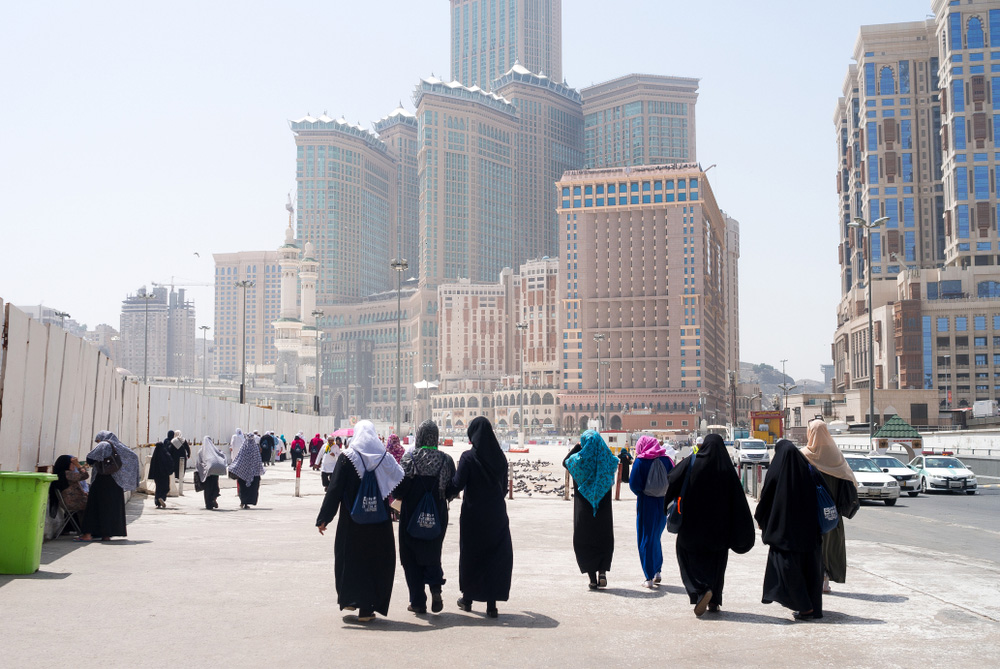
Over the last two years, Saudi Arabia has been making headlines across the globe for its efforts to improve interfaith relations, as well as encourage a more tolerant atmosphere of religious practice and belief in the Kingdom. In the beginning of 2018, for instance, Crown Prince Mohammed Bin Salman visited rabbis and other religious leaders in New York and, that same year, the Kingdom inaugurated a number of initiatives centered on moderation and tolerance in Islam. This year, in line with the country’s recent efforts, Saudi Arabia’s Ministry of Islamic Affairs has announced that it will be providing additional training on Islamic moderation and tolerance to more than 4,000 imams, preachers, and muezzins across the country.
According to Saudi Gazette, Abdullatif Al-Asheikh, the Minister of Islamic Affairs, Call and Guidance, has already approved the initiative’s training courses and rehabilitation sessions that they will be held around the Kingdom throughout 2019. Speaking to the news site, Director of the institute Fahd Bin Solaiman Al-Khalifa also explained that the courses will be presented by accredited instructors and a number of the ministry's officials, with the aim of further consolidating “the teachings of the Qur'an and Sunnah,” with a particular focus on “augmenting the concept of moderation in Islam by fighting fanaticism and extremism.”
Following the Crown Prince’s declaration in late 2017 that the return of a "moderate Islam that is open to all religions, traditions and people around the globe" is key to his plans to modernize Saudi Arabia and that as Saudis, “we will not spend the next 30 years of our lives dealing with destructive ideas,” the Kingdom has been actively working to realize his vision.
In April 2018, Prince Khaled Al-Faisal inaugurated the “Mithaq” initiative, which included three workshops, the first which was entitled “Creating Initiatives in Moderation and Tolerance,” and was managed and supervised by the Prince Faisal Center for Moderation. Later that year in August, Arab News reported that hundreds of journalists, educationalists, bankers, entrepreneurs, and other professionals from 57 Islamic countries were provided with the opportunity to benefit from two-week training courses on intellectual security that aimed to prevent the spread of extremist ideology in the region and beyond.

















